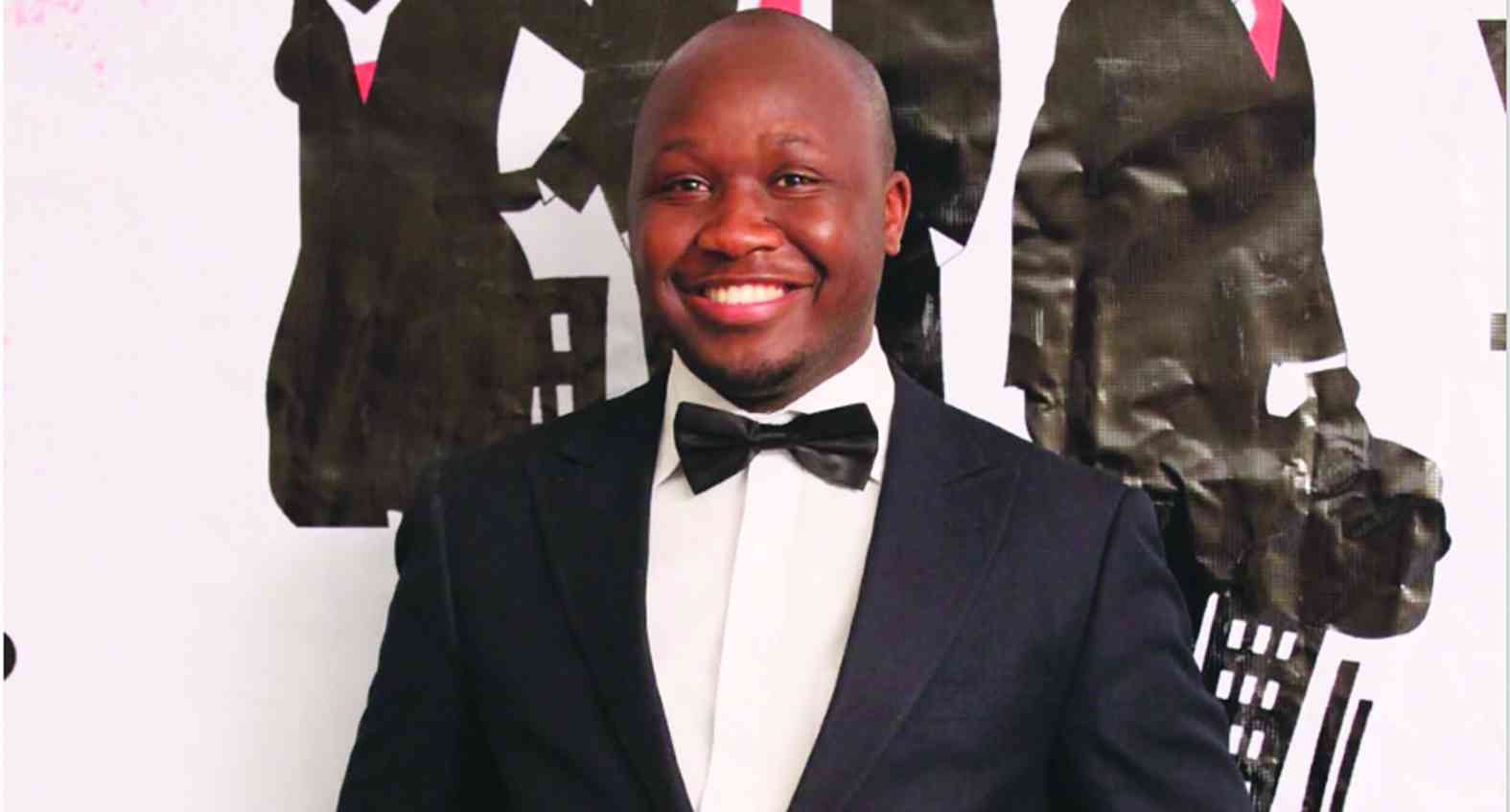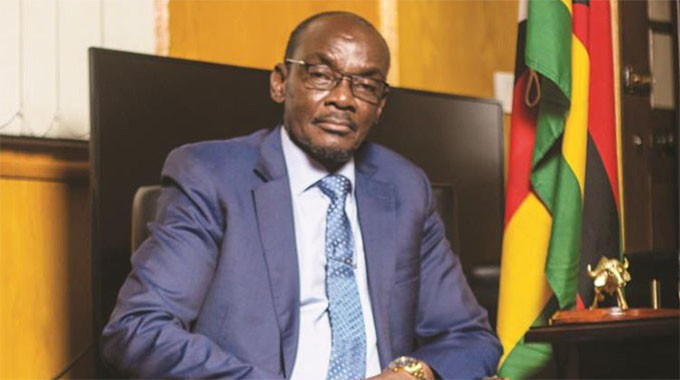
ZIMBABWE’S film industry is experiencing a quiet revolution, led by a new wave of filmmakers determined to transform music videos and short-form storytelling into cultural milestones.
One of these voices is Robert Muganda, a creative who transitioned from marketing and public relations to filmmaking.
After completing a 12-week Hollywood Filmmaking Course under New York Film Academy alumnus Jonathan “DyrektaO” Samukange, Muganda says his perspective on storytelling changed forever.
“My earlier degree was largely theoretical,” he explained.
“But this course gave me the hands-on skills to actually create, direct and bring stories alive on screen.”
His turning point came when he wrote, produced and directed a short film as part of his final showcase.
Though it never aired nationally, the experience screening at SterKinekor Cinema cemented his conviction that Zimbabwean filmmakers can achieve global standards without blockbuster budgets.
Across the industry, music video directors are pivoting to short film, mirroring global trends.
- Mavhunga puts DeMbare into Chibuku quarterfinals
- Bulls to charge into Zimbabwe gold stocks
- Ndiraya concerned as goals dry up
- Letters: How solar power is transforming African farms
Keep Reading
Robert points to talents like director Leoy V and his mentor DyrektaO, as well as a creative rivalry between Shem Zemura and Vusa Hlatshwayo.
“Audiences want more than pretty visuals. They want meaning and story,” he said.
That hunger for narrative is shaping a new generation.
Robert recalls his 2024 film class as a microcosm of Zimbabwe’s creative future with standout talents like cinematographer Wisdom Majojo, mobile film innovator Ivai Mahaka and female filmmakers Irene Chivhayo and Pauline Duncan already gaining recognition.
But growth is not without obstacles.
Beyond funding and equipment, Robert highlights a deeper challenge: “Trust is capital. When teams are betrayed or exploited, it damages credibility across the industry. We need to treat trust like currency.”
Despite hurdles, optimism remains.
With the Zimbabwe Film Strategy 2025-30 pushing for global collaboration, institutions such as DreamHous Academy are positioning the nation as a low-cost, high-value destination for international filmmakers.
Artistes like Jah Prayzah and Winky D are also fuelling this cultural convergence, merging music with cinematic storytelling that reflects Zimbabwe’s identity and aspirations.
Robert believes the time is now: “Our stories are rich. Our people are talented. Zimbabwe’s creative future is not a dream it’s a decision. And that decision must be made collectively.”










